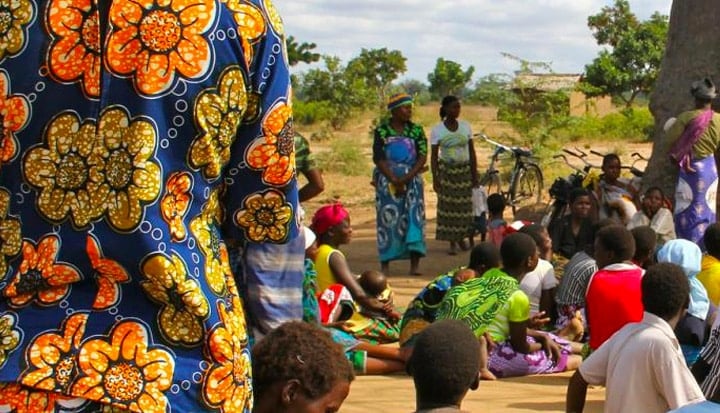Call them networks, working groups or knowledge hubs, communities of practice have been flourishing in the international development sector for some time now.
Whether you want to influence decision makers, share best practices or connect with professionals within or beyond the sector, communities can help you strengthen your organisation’s outreach and knowledge. And today, thanks to technology, individuals can connect with each other despite their geographical location, making communities truly global.
Bond convenes more than forty working groups, ranging from advocacy engagement to pure peer learning: they meet regularly, produce papers and contribute to shaping the global agenda. The Disability and development group’s paper on the value for money (VfM) of leaving no-one behind, which makes the case for inclusion, influenced the way some donors currently assess the VfM of their programmes.
Another good example of cross-sector collaboration by Bond groups is the State of the world’s emergencies report, which was written by agencies working in humanitarian crisis and conflict environments. The briefing gives UK parliamentarians an overview of the world’s most fragile settings.
By allowing practitioners to share intelligence, learn from peers and work together, groups improve the sector’s effectiveness and foster innovative ideas. But how do we ensure they are fit for purpose and generate greater impact? Here are my tips to create a vibrant and dynamic community.
Don’t reinvent the wheel
Most of the time communities form naturally around specific issues: individuals facing the same problem get together to discuss ideas and find a solution. Before establishing a more formal community, do some research to verify whether groups already working on the topic exist and whether you could join them. There’s no point in duplicating the work that is already out there.
Chairing is caring
A community needs a lively and engaged membership to thrive. But you also need an enthusiastic chair to lead the group. There are different levels of participation, from the hard-core group to the so-called lurkers, so it is essential to find someone who has the necessary commitment and enthusiasm to guide the group. Besides the expertise and the organisational support, a chair needs to have the energy to dedicate time and effort to ensure a regular flow of activities and to keep the dynamism.
A diamond may be forever, a community certainly isn’t
Establishing a community is (relatively) simple, but disbanding one can prove more complicated. Communities are created in response to a clear need and most of the time serve their purpose well. So, members struggle with the idea of closing a community, even though the last time they held a meeting could’ve been 18 months ago, or nobody has sent a message in the past seven days. If your community’s goal has been achieved or the interest has shifted elsewhere, you need to acknowledge that and either evolve or disband the group.
What’s you plan?
You’ve got an engaged group of professionals, you’ve got a committed chair, but have you got a plan? A key ingredient for a successful community is being clear about what it wants to achieve and what members should expect. Focus on the value that a community brings to individuals and their organisations, as well as what can be better achieved together rather than on our own. Agree a set of broad principles and key messages everybody is comfortable with to ensure a cohesive position and a flow of activities. Ensure a community is flexible enough to develop according to members’ interest and the external environment.
Join a Bond group.
Editor’s Note:
This article first appeared on Bond and is reproduced with permission.










